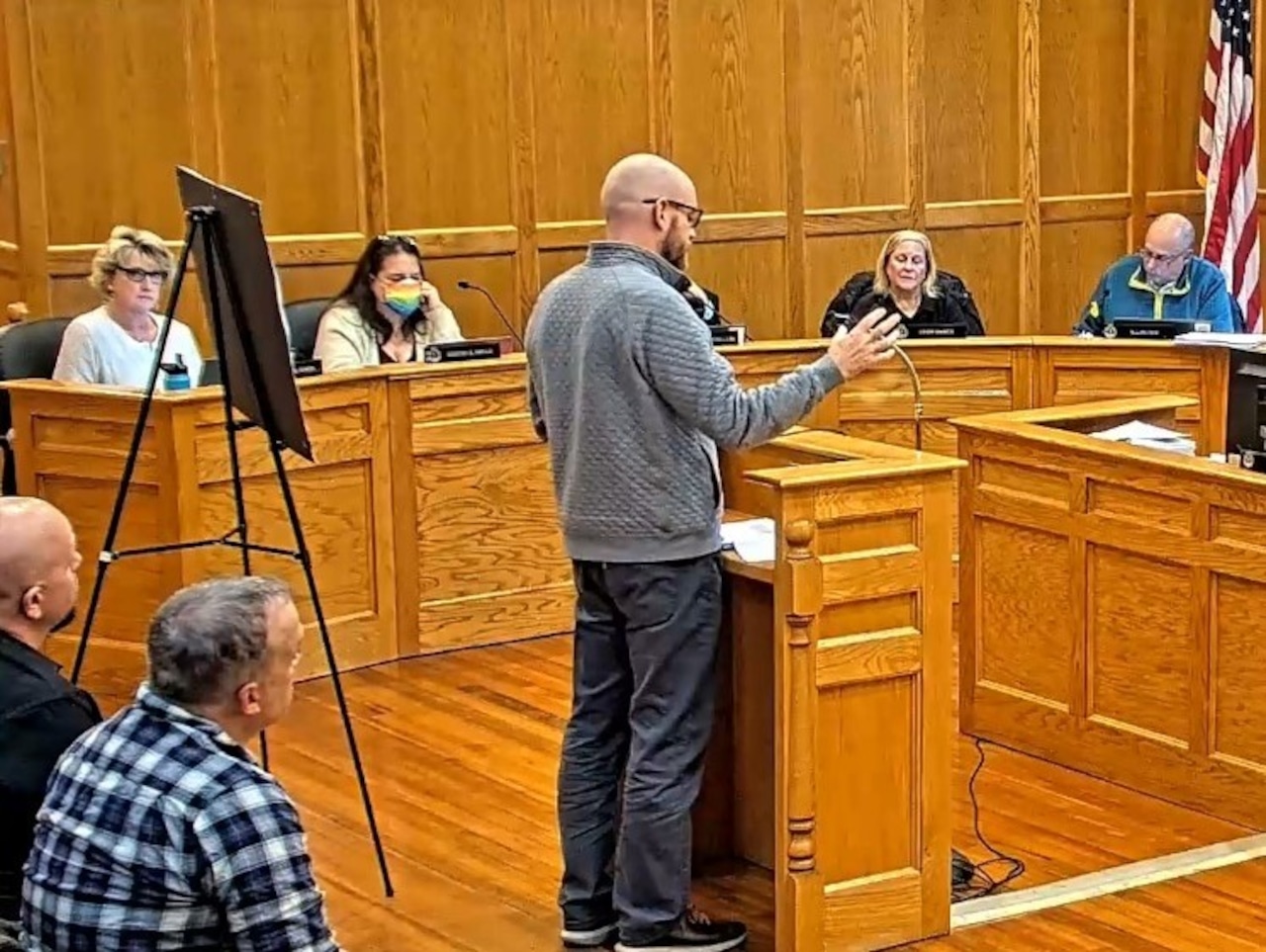
A Central Massachusetts town is being sued for refusing to comply with a zoning law meant to increase the housing supply in communities served by the MBTA.
In a lawsuit filed Thursday against the town of Holden, the Central Massachusetts Housing Alliance, along with a low-income family and a local homeowner, said that the town’s non-compliance with the MBTA Communities Zoning Law hurts residents of Holden as well as people across the state during an ongoing housing crisis.
“We must maximize every available tool to keep Central Massachusetts families housed in their communities of choice,” said CMHA CEO Leah Bradley in a press release. “With the unprecedented surge in rent prices and homelessness in recent years, more Massachusetts families are becoming homeless and they are staying homeless longer. Communities across Central Massachusetts are working with us to find solutions to the housing crisis. We are asking the same of Holden.”
The law was adopted in 2021 and requires cities and towns served by the transit agency have at least one zoning district “of reasonable size” where multi-family housing is allowed within a half-mile of a commuter rail, subway or bus station or ferry terminal, if applicable. Noncompliant towns will be ineligible for certain state funding opportunities. While Holden does not contain any transit stations, it borders Worcester, which does, so it is still subject to the law.
The 177 communities that fell under the law were required to submit an action plan to the state in January, but Holden failed to do so. Since then, town officials have said they will not comply with the law, and instead will pass up the grant opportunities.
“In the view of those officials, MBTA Communities can simply forego the relevant state funding grants and exempt themselves from the law’s zoning provisions. Those officials are wrong,” wrote Lawyers for Civil Rights, who are representing CMHA and the other plaintiffs, in the complaint. “If Holden’s interpretation is allowed to persist, MBTA Communities will be free to preserve the anti-density status quo that has driven the housing crisis, undermining the law’s effectiveness and subjecting residents of the commonwealth to a perpetually overpriced and segregated housing landscape.”
The suit names the town, its Board of Selectmen, and Town Manager Peter Lukes as defendants.
Attorneys wrote that Holden’s non-complaince hurt CMHA by straining its resources and impairing its mission.
In addition, attorneys wrote that Holden’s actions negatively impacted Lydiana Morales, a disabled and low-income mother currently living in a shelter in Westborough, by contributing to her inability to find stable housing. Morales and her child left their Worcester apartment in October because she could not afford the rent, according to the complaint, and have been unable to find affordable rental housing. They will be forced to leave the shelter in December.
“The ordeal has caused Plaintiff Morales to experience food insecurity and delayed medical treatment, as she has often had to skip meals and postpone medical appointments to save money for rent payments,” they wrote. “She has also suffered from a lack of sleep, heightened anxiety and more frequent flare ups of her mental health symptoms.”
Jennifer Lish, a Holden homeowner, also signed on to the lawsuit, saying that she and other residents will lose out on the benefits of the law, “including state funding grant eligibility, increased housing infrastructure, a larger and more diverse population and a greater tax base.”
LCR attorneys wrote in the complaint that by not obeying the law, Holden could encourage other communities to follow suit, further delaying compliance across the state.
“This lawsuit aims to support municipalities that are working to comply with the Law, by ensuring that recalcitrant towns like Holden do not shirk their obligations,” said LCR staff attorney Jacob Love. “Every municipality covered by this Law, especially predominantly white, affluent towns like Holden, must relinquish exclusionary zoning and contribute to the cause.”
MassLive has reached out to Town Manager Lukes and Board of Selectmen Chair Stephanie Mulroy for comment.
One other town, Berkley, has not yet complied with the MBTA Communities Zoning Law. LCR said they had also sent a request to Berkley on Thursday seeking public records regarding compliance with the law.






